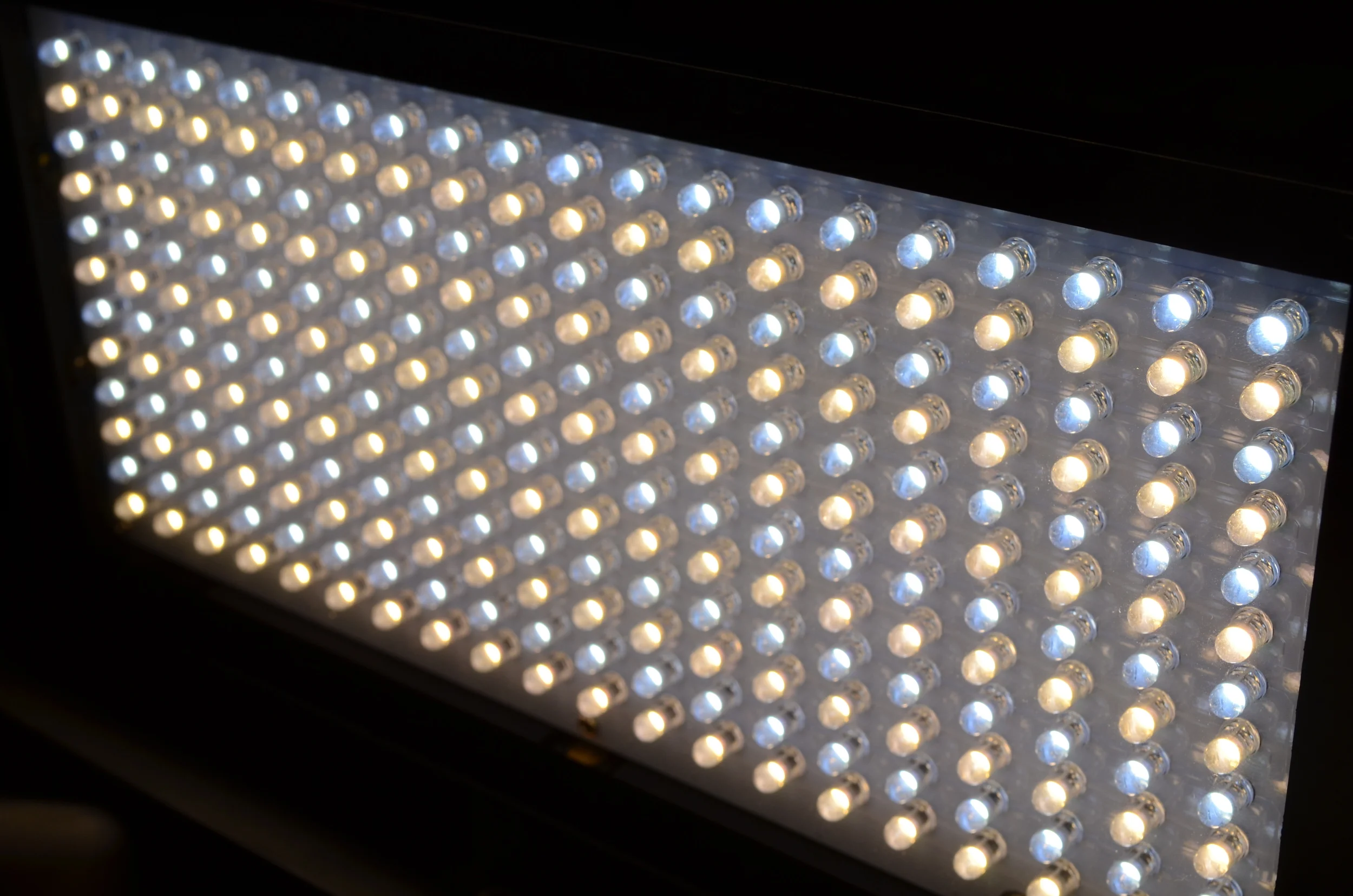Design:
- What designed obsolescence looks like in the 21st century: abandoned IoT devices and LED lights that could last, but don't. All of the innovation happening on the tech side of things doesn't amount to much if the business models stay stuck in a pattern of unsustainable consumer churn.
Body/Image:
- Taser, the company synonymous with (usually) less-than-lethal equipment for law enforcement is campaigning hard to achieve similar market dominance in the production, sale and use of body cameras. Given their decades of experience selling into a heavily bureaucratic space they are well-positioned to do just that. This could mean that how much transparency, security and trawling goes on with the data collected by body cameras will be immensely influenced by the tools and features that a single company decides to develop or support.
Designing Space:
- This apartment complex offers tech-laden "wellness" packages for an extra $125 to $ 225 per month that tune lighting by time, intensity and color to improve sleep quality, along with aromatherapy and other somewhat dubious solutions for whatever day to day weariness ails you. While we're skeptical about the benefits claimed, it shows how low cost sensors and presumptive connectivity of devices are adding new "must have" layers to domestic infrastructure. LeCorbusier, with his conception of homes as machines for living, would probably be on board with some of these mechanistic attempts to tweak and tune our personal biorhythms.
- Rising rents means getting by with less space, so MIT spin out Ori is preparing to roll out a 21st century take on the Murphy bed - a sort of centralized furniture column that stretches, unfolds and contorts to suit the miscellaneous modes of living and working.
Automatons:
- A report from big business consultancy McKinsey & Co. finds that automation is most likely to come for jobs in manufacturing, food service and retail, while the work of bosses: making decisions, planning and managing other humans is on the safer side of the work spectrum. But seasoned CEOs make grave strategic errors and middle managers kill team productivity with aloof practices every day. It may be more difficult for us to imagine that our own generative abilities or powers of insight could to be outmatched and outsourced to code, but that's exactly the sort of cognitive blindspot that could lead to our future management teams being chip-based creations instead of suits from Sloan or HBS. We would also argue that many fabrication roles in manufacturing may seem routine to an outsider without the requisite skills, when in fact there are countless micro-judgments being made by the worker that are difficult for machines to understand.
- That security robot we've mentioned in previous newsletters apparently ran over a child and has been pulled from service.

